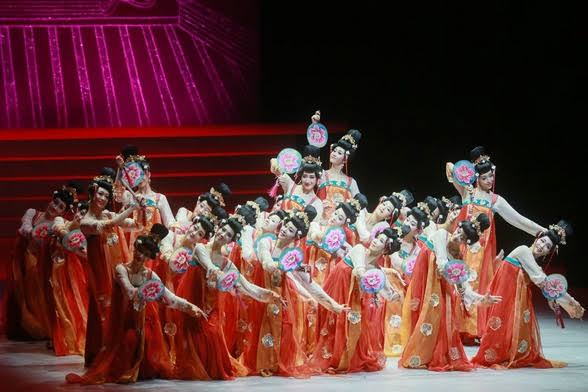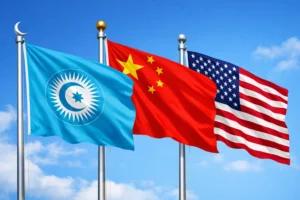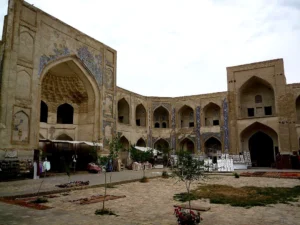China’s Commitment to Cultural Development and International Exchange

The second Forum on Building up China’s Cultural Strength, inaugurated on Thursday in Shenzhen, Guangdong province, is a significant event hosted by the Publicity Department of the Communist Party of China (CPC) Central Committee. This forum underscores the Party’s dedication to advancing socialist culture and enhancing international cultural exchanges, reflecting the heightened cultural confidence and creative vitality in China since 2012.
Elevation of Cultural Confidence and Role of Culture
The CPC has consistently prioritized cultural development, recognizing its fundamental role in national rejuvenation and the creation of a modern Chinese civilization. This focus has significantly elevated the nation’s cultural confidence and inspired a surge in cultural creativity. The forum emphasizes how these efforts have facilitated mutual learning and exchanges with other civilizations, promoting openness and inclusivity.
Key Topics Reflecting the Party’s Vision
The forum covers a comprehensive range of topics, including literary and artistic creation, digital publishing, the film industry, historical and cultural heritage protection, cultural trade, internet copyright protection, and innovation in international communication. These areas represent concrete aspects of the Party’s vision for cultural development, highlighting its focus on integrating culture-related industrial, technological, and institutional projects.
Potential for Economic Progress and Governance Advances
By addressing these key topics, the forum aims to provide insights into unlocking the potential of China’s cultural development. This potential can translate into economic progress, governance advancements, and tangible benefits for the population. China’s openness to foreign capital, talents, and businesses in the cultural sector presents lucrative opportunities for multinational cultural companies and individual talents, fostering a vibrant and sustainable cultural market.
Promoting International Exchanges and Reducing Global Tensions
Prosperous international cultural exchanges facilitated by such forums can enhance mutual learning among civilizations, deepen understanding between nations, and strengthen bonds of friendship among different peoples. This cultural diplomacy is crucial for reducing global trust deficits, eliminating cultural biases, and easing international tensions. The forum in Shenzhen is a strategic move towards these goals, promoting a more rational and diverse cultural dialogue globally.
Challenges and Opportunities in the Digital Age
The rapid advancement of information technology, artificial intelligence, and the digital economy presents both challenges and opportunities for cultural exchanges. While reduced costs of cross-border communication and dissemination of cultural content facilitate exchanges, the dominance of developed countries in these spheres often skews the cultural balance. These countries’ economic, technological, and military prowess can foster a sense of cultural superiority, undermining global cultural diversity.
Countering Cultural Hegemony and Promoting Diversity
China’s efforts, as highlighted by the forum, aim to counter this cultural hegemony by advocating for cultural diversity and mutual learning between civilizations. The forum is part of a broader initiative to promote more equitable cultural exchanges, ensuring that the voices of diverse cultures are heard and respected on the global stage. This approach aligns with China’s broader diplomatic strategy of fostering a multipolar world where cultural diversity is celebrated and leveraged for mutual benefit.
Conclusion
The second Forum on Building up China’s Cultural Strength is a testament to the CPC’s commitment to cultural development and international cooperation. By focusing on practical cultural initiatives and promoting openness, the forum aims to harness cultural development for economic and governance gains while fostering global cultural diversity and understanding. This event not only reflects China’s cultural ambitions but also its role in shaping a more inclusive and balanced global cultural landscape.


